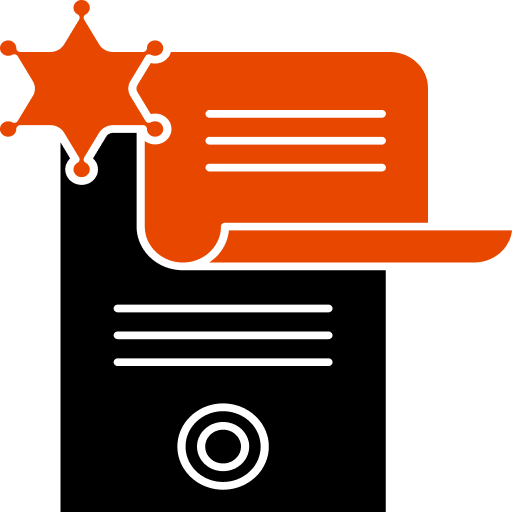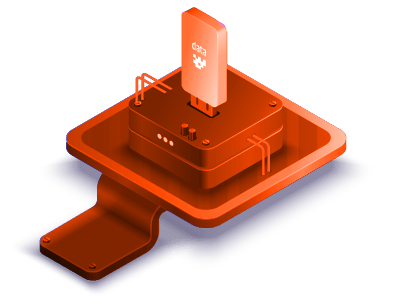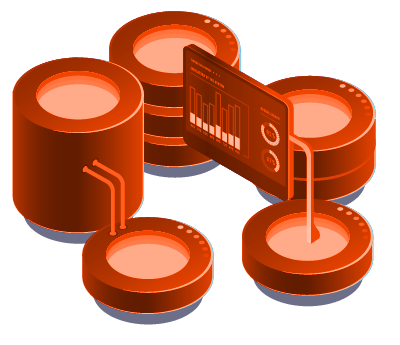Add On: Customs Seizures
Customs Seizures
What is a customs seizure?
Why do customs seizures matter?
Seizures protect consumers from dangerous or subpar products.
Customs seizures help to protect consumers from dangerous or subpar products in two ways: by preventing fake products from entering the country in the first place and by destroying them so they can’t be sold on the black market.
Dangerous fake products have been making headlines recently, like counterfeit iPhone chargers that have been linked to electrocutions, fires, and even explosions. These chargers are often made with substandard materials and lack essential safety features, putting consumers at risk. With fewer fake products making it into the country thanks to increased customs seizures means, fewer people are being put in danger by these dangerous products.
Seizures protect businesses from lost revenue due to counterfeiting.
It’s estimated that counterfeiting costs U.S. businesses billions of dollars every year in lost revenue. When counterfeiters produce and sell fake versions of branded goods, it cuts into the sales and profits of the businesses that make those goods legitimately. This loss of revenue can be devastating for businesses, large and small alike.
By seizing fake goods at the border, customs officials are helping to protect businesses from this type of financial loss due to counterfeiting—and that’s good news for everyone involved in legal commerce.
Seizures help to protect our economy by supporting legitimate businesses.
Almost every business in America is affected by counterfeiting in some way or another—even if they don’t realize it—because it ultimately hurts our economy as a whole when companies lose revenue to fakes. When things like job losses and decreased tax revenue are factored in, it’s easy to see how much of an impact counterfeiting has on our economy. Fortunately, increased customs seizures help reduce the number of fakes making it into circulation, which helps support legitimate businesses and ultimately benefits us all.
Seizures help to protect jobs by ensuring that businesses can’t undercut workers by using cheaper, fake products.
Counterfeit goods pose a threat to jobs. It’s true—when businesses can’t compete because they’re losing sales to fake versions of their products, that puts jobs at risk. By increasing customs seizures, we can help level the playing field for honest businesses and ensure that more individuals can keep their jobs.
Seizures send a message to would-be counterfeiters that their activity will not be tolerated.
Perhaps one of the most fundamental reasons why customs seizures matter is because they send a message loud and clear to anyone thinking about getting involved in counterfeiting: their activity will not be tolerated. IP enforcement is taken seriously by customs officials, and those who choose to ignore the law will be caught and punished appropriately. The more we crack down on counterfeits, the less likely would-be criminals are to take the risk. However, at times, counterfeiters are willing to sacrifice a seized product(s) when their other shipments get past customs. They see it as a cost of doing business.
Customs seizures create a massive amount of data, which can be mined for ongoing investigations.
This data can be mined for ongoing investigations into other crimes, such as drug trafficking, money laundering, and terrorism. The Customs and Border Protection agency is always looking for new ways to combat these crimes, and the data collected from customs seizures is a valuable tool in their arsenal
What is the process for a customs seizure?
When a possible violation is identified, customs will do an investigation to gather more information about the imported goods. This will usually involve interviewing the importer, examining documents, and inspecting the goods in question. If customs have enough evidence to believe that there has been a violation, they will seize the goods and issue a Notice of Seizure.
The Notice of Seizure gives the importer 21 days to contest the seizure. The importer can be an individual or company. If they do not contest it, the seizure becomes final, and the goods are forfeited to the government. If they do contest it, they must file a petition within 21 days. The petition must state why they believe there has been a mistake and what remedy they are requesting.
A hearing will then be scheduled where both sides can present their evidence and make their case. After reviewing all the evidence, the judge will make a decision. If they find in favor of customs, the seizure is upheld, and the goods are forfeited to the government. If they find in favor of the importer, the seizure is overturned, and the goods are returned.
How can Hubstream help with customs seizures?
Hubstream offers a powerful Customs Seizure template for investigative teams that are dealing with customs seizures on a day-to-day basis. It is a one-size-fits-all solution to investigating all customs seizure cases.




